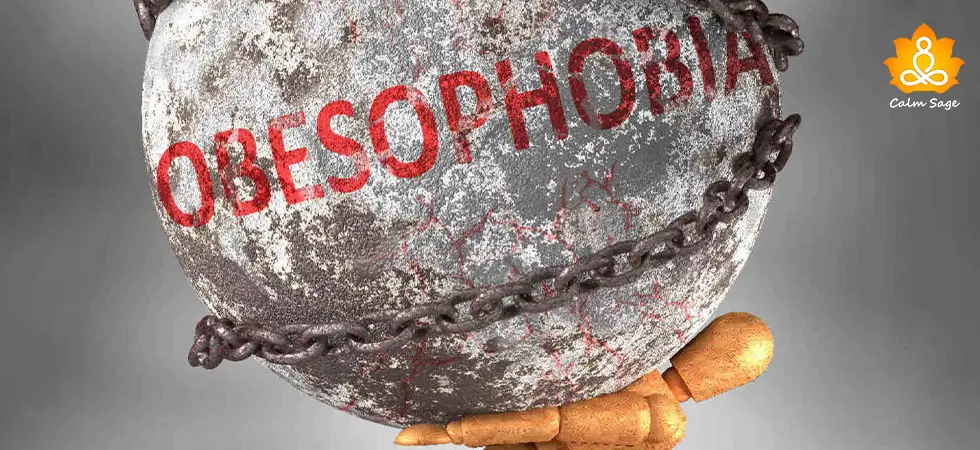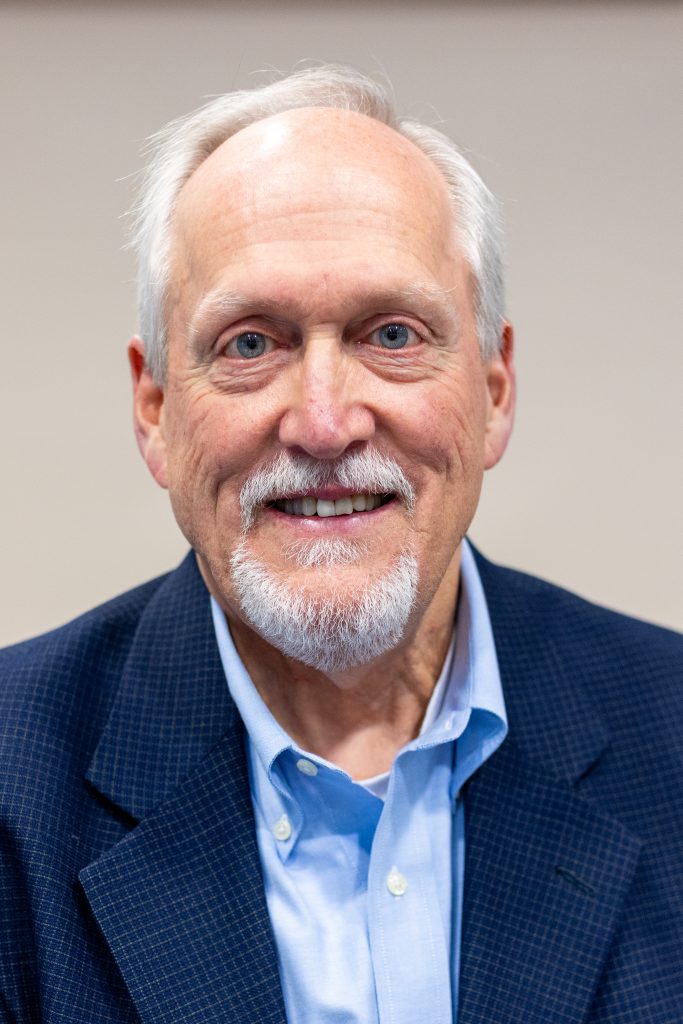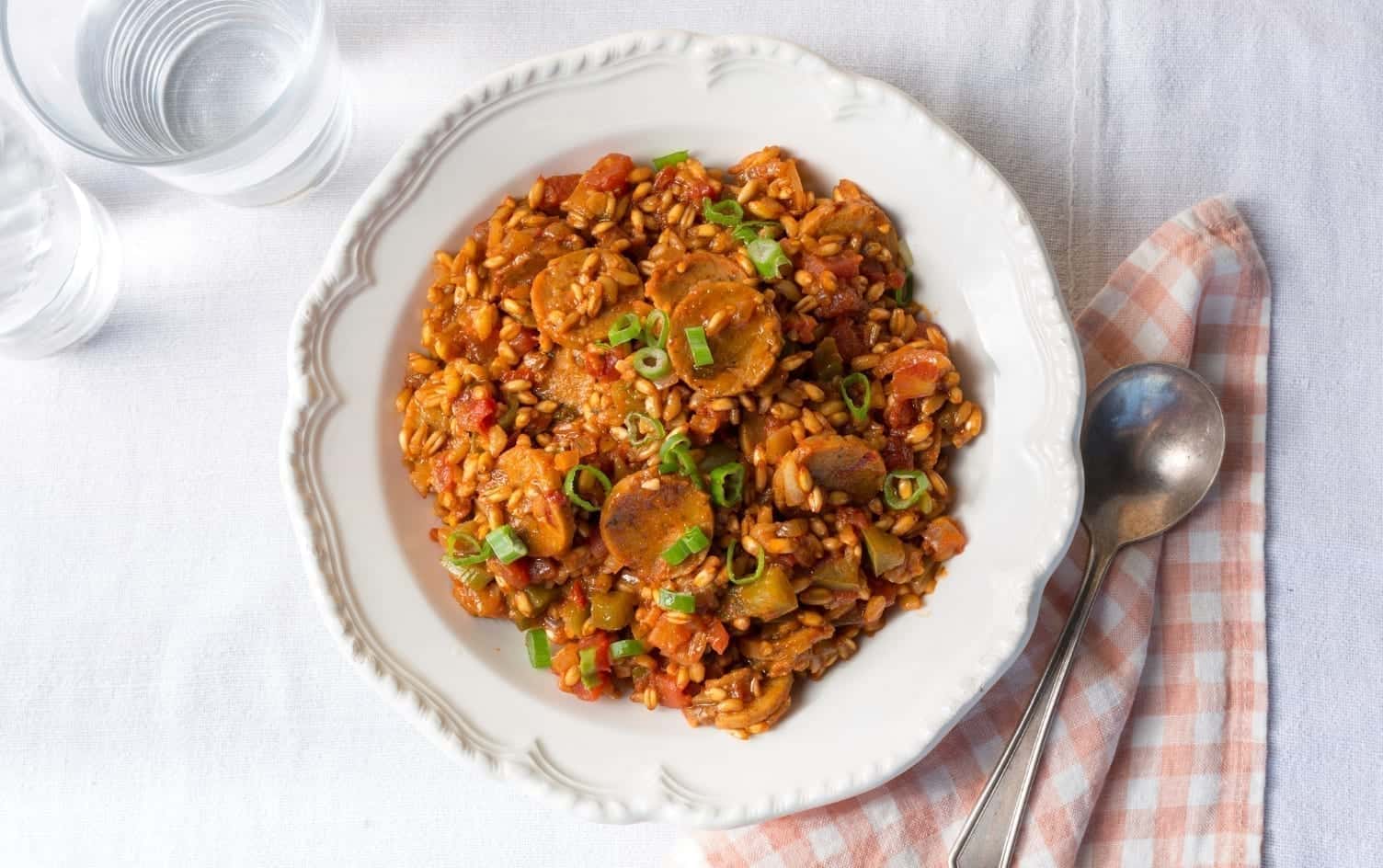“Your body hears everything your mind says. Stay kind.”
In the present scenario, everything is dictated by body image. Be it self-worth, confidence, or even making friends and having good relationships. This is why the biggest fear the younger generation, or can say from ages people have, is the fear of gaining weight, known as Obesophobia.
How often have you stood in front of a mirror and criticized yourself for your looks and body shape? Was the critical voice coming from within saying you are gaining weight, or was it because others passed a comment or were judging you?
The echo you hear because of the beliefs and because somebody said something is so powerful that it creates fear in you, and you start to pay attention to what you eat and how you eat. You start exercising more than required and even spend hours in front of the mirror to see if you look skinny enough.
If all this is true and it is happening to you, chances are that you are struggling with Obesophobia. A persistent and irrational fear of gaining weight is not just a condition but a body image. A challenge that mingles with your self-worth, mental health, and the pressure society puts on you knowingly or unknowingly.
To understand why you struggle with this phobia, you need to peel the layers – understand who was the first person who said something about your body image. You need to see the struggles and accept yourself. This is because if you leave any fears or phobias untreated, it negatively affects your mental and physical health.
You can heal from it by paying attention to it and following a proper recovery method. For this, you need to consult a mental health practitioner who can understand the reasons, help you, and give you psychotherapy and other treatment options.
“We are what we think.” So, to overcome any fear, whether of being fat, gaining weight, or gaining weight after losing it, you need to keep working on yourself.
“The outer world is the reflection of what’s inside.” So, once you learn how to deal with your fears, everything will fall into place.
What Is Obesophobia?
Obesophobia, also called pocrescophobia, is not just the fear of gaining weight. It is an obsession with being skinny that can impact one’s life. Usually, women are the ones who worry a lot about their body image, and social, medical, and psychological reasons drive it. But men, too, can struggle with it. Like all other phobias, obesophobia is also a type of anxiety disorder because there is an extreme fear of the situation, person, or event.
For individuals who struggle with obesophobia, talking or thinking about gaining weight and gaining weight after losing it makes them anxious, and sometimes they even get overwhelmed by the simple thought of being overweight or standing near a weighing scale.
Also, if the fear of being fat is what rules them, they can go to lengths one cannot imagine to avoid it. Thus increasing the risk of developing an eating disorder like anorexia or bulimia or a sign that it is already there.
This fear of gaining weight, called obesophobia, can be the influencing factor for other mental health disorders, including:
- Depression
- Obsessive-compulsive disorder
- Eating disorders
- Body dysmorphic disorder
- Anxiety
The Connection Between Obesophobia and Society
The ongoing fear of gaining weight back after losing it, or the fear of gaining weight, is often rooted in cultural beliefs because, in some places, being fit and healthy = happiness and success. This glamorization of losing weight and seeing fatness as evil creates an environment where individuals feel constant pressure to meet unrealistic beauty standards.
To add this, some social media platforms show perfect bodies that promote crash diets or extreme workouts, leading to fat phobia, which is directed inward, making the person undermine themselves and have disordered thinking.
What’s the Difference Between Anorexia & Obesophobia?
From the surface level, anorexia and obesophobia look alike, but they differ. Anorexia is a complex and severe form of eating disorder. At the same time, obesophobia is more about the fear of gaining weight, body image issues, and behaviors to restrict food intake to avoid caloric intake.
Sometimes, people who struggle with obesophobia have a healthy weight, but in anorexia, lower weight or BMI are the parameters (this sometimes comes with some exceptions.)
Symptoms of Obesophobia
As it is also a type of phobia, it has similar signs to any other phobia-
- Avoidance
- Obsession
- Anxiety response, and
- Irrational fear.
In addition to this, those who struggle with obesophobia also exhibit other symptoms that can be found in individuals with different phobias:
- Difficulty breathing.
- Unable to take long breaths.
- Trembling limbs
- Nausea, etc.
Common signs of obesophobia include:
- Fixed on body image
- Feel a compulsion to keep checking weight
- Avoid going to places that serve food high in calories.
- The thought of gaining weight makes them anxious
- Avoid visiting a doctor as they may be asked to weigh themselves
- Avoid weighing scale
- Have dreams about being overweight
- Worry about how they look in pictures
- Distressed with the thought of what others will say when they gain weight or they will be noticed.
- The thought of calories and food macros never leaves them
- Exercise intensively
- Do not allow themselves to eat sweets
- Fixated on calorie intake
- Skip meals
Causes of the Fear of Gaining Weight
Social expectations and media presentation of the perfect body image are the potential causes of obesophobia. In addition, self-confidence, inner thoughts, and self-esteem also add to the fear of gaining weight.
Common causes of obesophobia include:
There is no clear-cut reason for this phobia. However, there are some common reasons that, when combined, lead to obesophobia.
1. Genetics: According to some research, genetics also plays a role in developing this phobia. If there is a family member who has an eating disorder, you may find that other family members show signs of obesophobia, leading to the fear of gaining weight leading to the fear of gaining weight.
2. Accidents or trauma: Trauma can also lead to the fear of gaining weight because the person relates their body image and self-esteem with the trauma.
3. Media influence: Another factor that influences this phobia is social media. Promoting certain diet cultures and body types to be the best leads to a fear of gaining weight in people.
4. Learn through observation: Learning is done through the five senses, and observation is one of them. Observing people looking down on fat people can develop fear and make people think they will not be liked if they gain weight.
5. Cultural expectations: Certain cultures do not consider overweight or fat individuals as good. They consider them evil and stigmatize them with shame.
6. Society: Stigma, or the notions family, friends, and others have around weight, also play a part in creating fat phobia.
7. Anxiety disorders: Different types of anxiety disorders, like social anxiety, where fear of rejection is involved, can also be the reason for obesophobia.
8. Personal experiences: Negative judgment and personal experiences can also be the reason for fear of gaining weight.
How Is Obesophobia Diagnosed?
This phobia is not self-diagnosed, and like other phobias, the mental health provider diagnoses it by looking at the patterns and reasons for the phobia. Avoidance causes unreasonable fears and other behavioral patterns.
How to Cope With a Fear of Gaining Weight
Handling, dealing, and coping with any fear, especially related to weight, can be challenging as there are triggers all around in the form of media, friends, family, and society. However, alongside psychotherapies, if one follows these tips, it will help deal with obesophobia. The best way is to take care of yourself and be compassionate.
1. Exercise regularly: Being physically active not only helps you stay healthy but also has a positive impact on your mental health. Therefore, when you fear gaining weight or think once you lose weight, you will again gain weight, stay active. You can hire a personal trainer to give your body the required activity.
2. Journaling: Writing the thoughts or things that hurt you is another way to bring out the negative thoughts and cope with obesophobia.
3. Seek support: When you need support, ask for it. Let your loved ones know you need their support. There is no shame in asking for support.
4. Drink liquids: When people are on a weight loss journey, they skip drinking liquids as they fear water retention. You don’t make the same mistake. Keep yourself hydrated. If you don’t like the taste of water, you can make detox water or add variations to it.
5. Treat yourself: Go shopping and take good care of yourself. Don’t feel bad about your body. Often people don’t buy clothes when they don’t like themselves. Make yourself feel good and avoid triggers.
Treatment Options for Obesophobia
Psychotherapies like acceptance and commitment, CBT, exposure, and others are the best ways to treat phobias, including obesophobia.
Cognitive behavior therapy (CBT):
The clients struggling with obesophobia are made aware of their thoughts and how they affect them. Once they understand the negative feelings and the thoughts that come along, dealing with the fear of gaining weight becomes easy. CBT helps increase self-awareness and express emotions that come because of negative thoughts.
Exposure therapy:
This therapy will teach how to manage distress when encountering the triggering event.
Dialectical behavioral therapy (DBT):
This is another form of psychotherapy that teaches self-regulation techniques when facing distressing situations or managing emotions. It comes in handy when an individual wants to learn ways to handle distressing thoughts gaining weight.
Acceptance and commitment therapy (ACT):
With the help of this therapy, you can teach the client how to deal with negative or stressful experiences and emotions and how they don’t help. ACT empowers the client to manage negative feelings associated with weight gain.
Compassion-focused therapy:
It is a therapeutic technique that teaches individuals how to treat themselves and others and be kind, helping improve mental health.
Online support groups:
Join groups to understand how others struggling with the same issue deal with their fears. This will help you become empathetic and supportive without judgment.
Medication:
If the fear of gaining weight is connected with other mental health symptoms, try medicines as they help deal with the symptoms. Ask your provider about the best options.
When to Seek Professional Help for Obesophobia
If you have an understanding that you have the fear of gaining weight or fear of losing weight and then gaining it back, it might negatively affect your life so if you are in this trap, it’s time you seek professional help.
You can look for a therapist online or in your area who handles body image issues and helps you vocalize or understand the reasons why do you feel in a particular manner where the fear of gaining weight is Interfering with your day-to-day activities and is also one of the reasons for eating disorders.
You can undergo therapy CBT exposure therapy ACT are certain therapy that will help you deal with the negative thought processes that are surrounded with the body image issues. Also acknowledge that the inner voice is not always correct. It comes from the beliefs and thought processes of what others have said or the society. So understand this and appreciate yourself for what you are.
Frequently Asked Questions
Conclusion
Obesophobia is complex and it is intertwined with societal pressure, mental health, and self-perception. Also, it can lead to anorexia nervosa or bulimia that is not a good sign to overcome this fear. One needs to understand the root cause behind the negative thoughts and why do they see their body negatively?
Also, they need to maintain a balance between their perspective and a healthy body and mind. There is nothing wrong with looking the way you look, what you see on a scale is just a number. To work on it, start by eating healthy, working out. Doing is the first step towards healing. Connect with a therapist so that they can understand your problem.
Also, you can join some support groups as you will be able to understand what others go through when they deal with such a thing. Your journey to self-love and freedom begins the day you start taking a step in relationship with your body and food.
Be happy, embrace yourself and see things changing for you. If you need any help, we are happy to help. Drop a comment, and we will reply to you to assist you in a better manner.
Publisher: Source link






